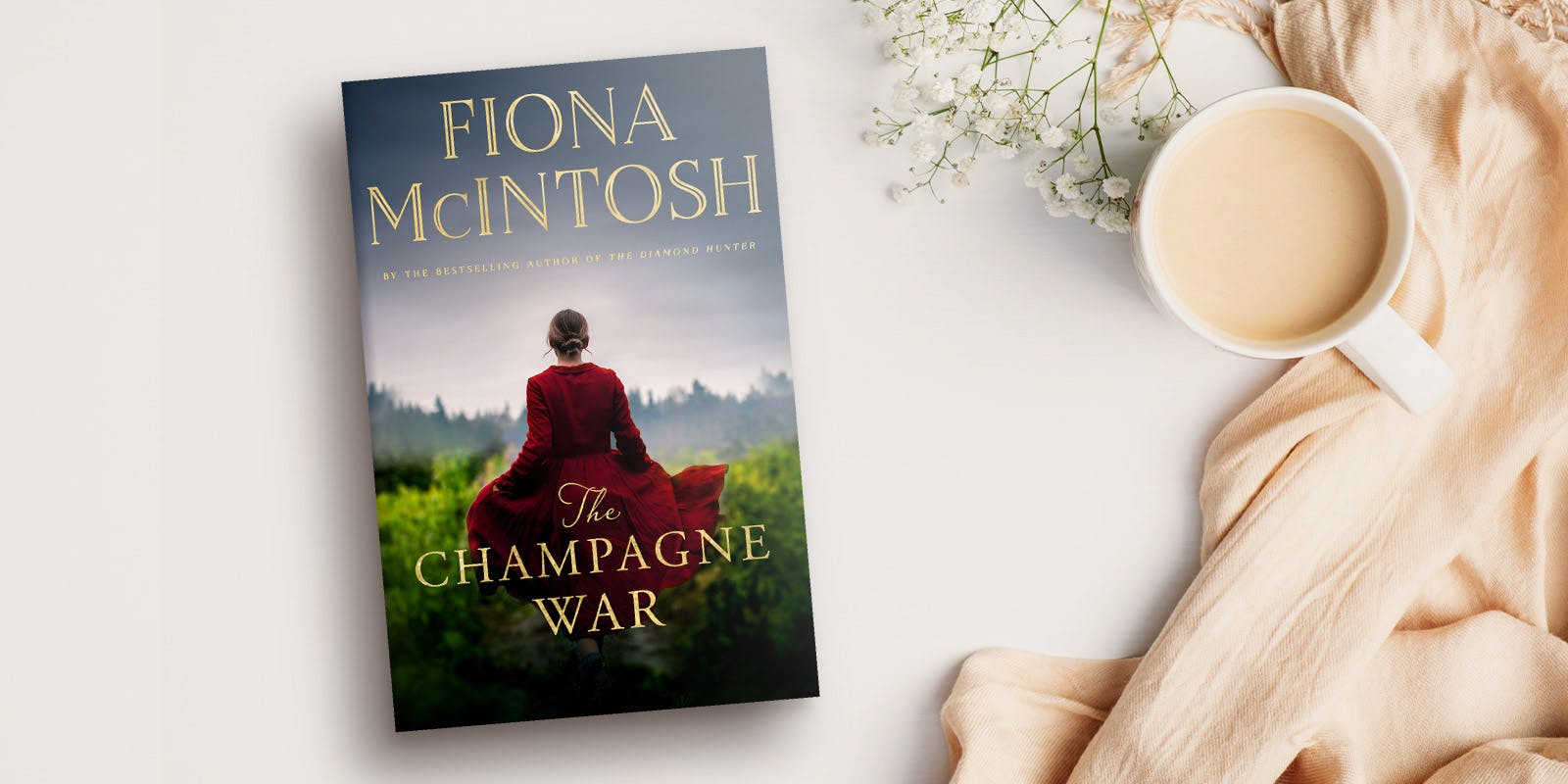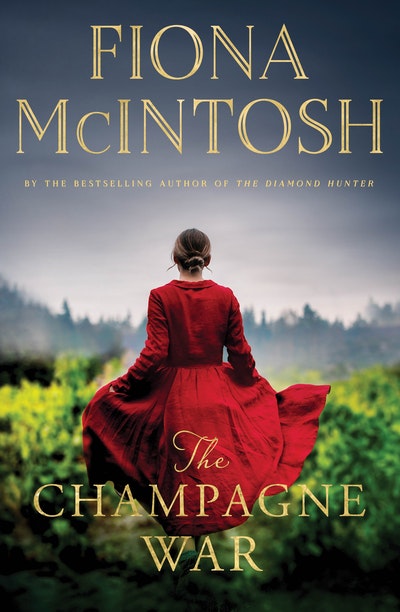Sweep your book club off to the sun-kissed vineyards of rural France.
Fiona McIntosh's heart-stopping adventure introduces readers to vigneron Jerome Méa, his new bride and fifth-generation champenoise Sophie, and British chemist Charles Nash. Jerome heads off to war and years later is still missing, considered dead. Meanwhile Charles is injured and brought to Reims, where Sophie is assisting with the care of the wounded in the ancient champagne cellars. Will Sophie be able to keep her vineyard going through the bombings? Will her heroic Jerome return? And what are the stirring emotions that she feels for Charles? Ponder these questions and more at your next book club meeting, with a glass of champagne in hand of course!
Discussion points and questions:
- ‘Épernay must survive – the champagne must keep flowing.’ Sophie is determined to continue making her champagne throughout the war. Why is this so important to her?
- Charlie joins the war effort as a soldier rather than using his skills as a chemist in chemical warfare. Do you understand his choice?
- At one point, Charlie feels closer to Willi, his enemy, than to any other person alive. Why do you think that is?
- Would the strong women of Champagne who had gone before Sophie – like Veuve Clicquot and Madame Pommery – have approved of her determination not to conform, and of her choice in a husband?
- Sophie believes that ‘everything responds to kindness’. In what ways does she display her own kindness in the novel?
- Who really holds the power in the relationship between Louis and Sophie? Would you be as forgiving of him as she is?
- Jerome believes he is likely to die from the gas attacks, and yet he strives to get a message to France. What is his motivation?
- What does Charlie mean when he says home is an emotion? Why is this an important revelation for him?
- If you were Sophie, would you have chosen Charlie or Jerome?
- Sophie tells Charlie: ‘It’s a great pity the world cannot behave like a good champagne. Harmony, peace, pleasure – every grape giving its utmost, its very best to the champagne experience.’ What parallels can we draw between life during the war and modern times?
- What connections does the author make between champagne itself and the themes and issues explored in her novel?
- The Champagne War features many real events in history. What new or surprising things about France or World War I did you learn while reading this book?













